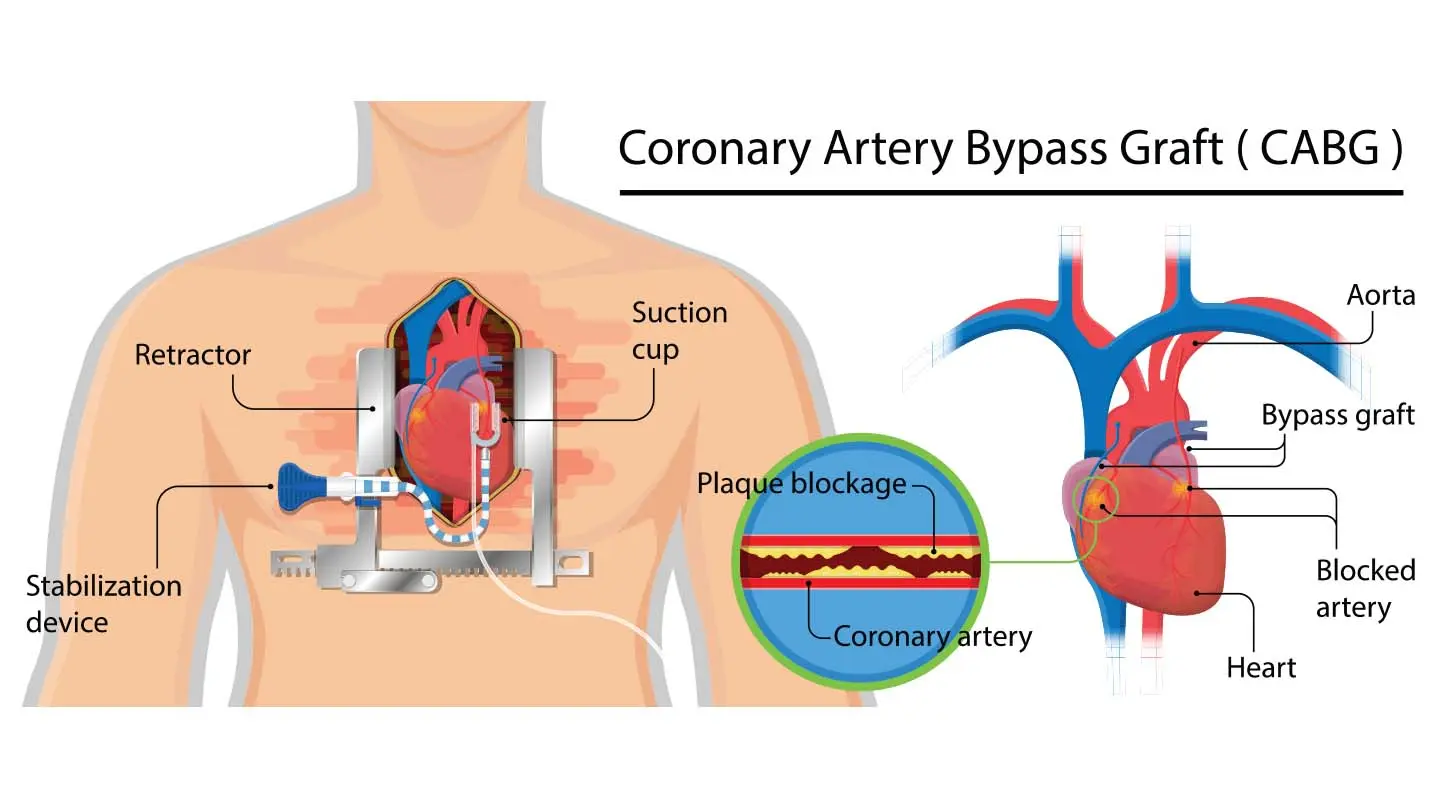Our cardiologists and cardiothoracic surgeons
At Gleneagles, we offer a comprehensive heart and vascular programme through our team of heart specialists and heart surgeons. We will treat your heart condition holistically with expert help from our specialists.
^Specialists may qualify to be on the Extended Panel (EP). You may enjoy selected panel benefits depending on your policy and riders.

Dr Ong Kim Kiat
Cardiothoracic Surgeon
Insurance Panel
AIA, Income, Prudential^
Languages
English

Dr Su Jang Wen
Cardiothoracic Surgeon
Insurance Panel
AIA, Income, Prudential^, Singlife
Languages
Bahasa Indonesia, Cantonese, English, Malay, Mandarin

Dr Tan Yong Seng
Cardiothoracic Surgeon
Languages
English, Mandarin

Dr Lim Chong Hee
Cardiothoracic Surgeon
Insurance Panel
Great Eastern, HSBC Life, Income, Prudential^
Languages
Cantonese, English, Malay, Mandarin

Dr Sriram Shankar
Cardiothoracic Surgeon
Insurance Panel
AIA, Prudential^
Languages
English





